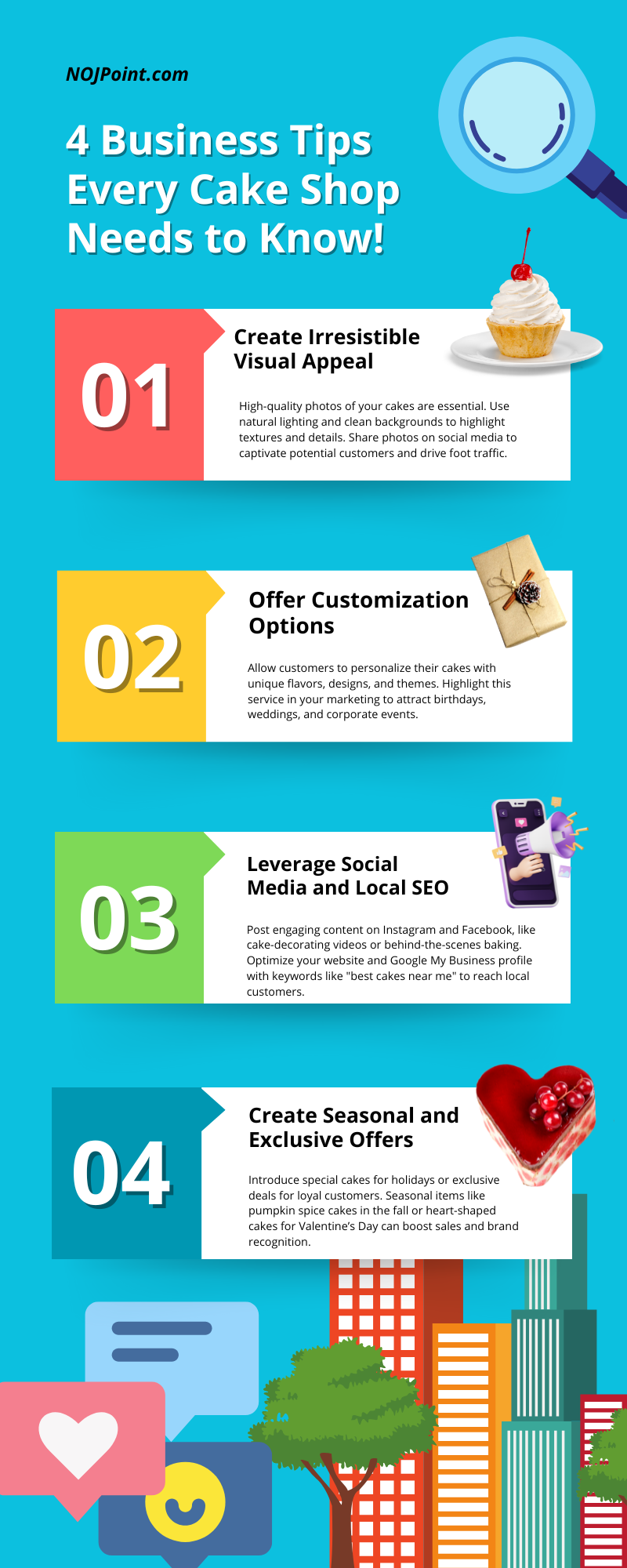Social media is a powerful tool for businesses, but its true potential lies in understanding the metrics that drive success. Tracking engagement, reach, and ROI ensures that your campaigns deliver tangible results. This guide dives into the essentials of social media analytics, helping you make data-driven decisions for impactful strategies in 2025.
1. Why Social Media Analytics Matters
The Importance of Data in Social Media
- Helps identify what resonates with your audience.
- Tracks the performance of campaigns across platforms.
- Optimizes budget allocation for maximum ROI.
- Enables real-time adjustments to improve outcomes.
Challenges in Social Media Analytics
- Overcoming platform-specific differences in metrics.
- Dealing with data overload from multiple campaigns.
- Ensuring accurate ROI measurement.
2. Key Social Media Metrics to Track
Engagement Metrics
- Likes, Comments, Shares: Indicate content resonance and virality.
- Click-Through Rate (CTR): Measures how effectively posts drive traffic.
- Engagement Rate: (Engagements ÷ Total Impressions) × 100, showing audience interaction.
Reach and Impressions
- Reach: Unique users who saw your content.
- Impressions: Total views, including multiple views by the same user.
- Virality Rate: Shares ÷ Impressions × 100, highlighting how often content spreads.
ROI and Conversion Metrics
- Cost Per Conversion: Total Ad Spend ÷ Conversions.
- Return on Ad Spend (ROAS): Revenue ÷ Ad Spend.
- Lead Generation Metrics: Tracks the number of qualified leads from campaigns.
3. Tools for Social Media Analytics
Native Analytics Platforms
- Facebook Insights & Instagram Insights: Detailed engagement and audience metrics.
- Twitter Analytics: Tracks impressions, mentions, and engagement.
- LinkedIn Analytics: Focuses on professional engagement and lead generation.
- YouTube Studio: Monitors watch time, audience retention, and subscriber growth.
Third-Party Analytics Tools
- Hootsuite: Comprehensive dashboard for tracking multiple platforms.
- Sprout Social: Offers audience insights and engagement trends.
- Google Analytics: Measures traffic from social media to your website.
- Brandwatch: Focuses on sentiment analysis and brand monitoring.
Advanced Analytics Tools
- Buffer Analyze: Tailored for small businesses and startups.
- HubSpot: Combines social media analytics with CRM for ROI tracking.
- BuzzSumo: Identifies high-performing content trends.
4. Strategies to Improve Social Media Performance Using Analytics
Define Clear Objectives
- Set SMART goals (Specific, Measurable, Achievable, Relevant, Time-bound).
- Align objectives with overall business goals (e.g., lead generation, brand awareness).
Segment and Analyze Your Audience
- Use demographic and behavioral data for targeted campaigns.
- Identify high-value audience segments for personalized engagement.
Track Content Performance
- Monitor which types of posts (videos, images, stories) generate the best results.
- Identify posting times that maximize engagement using historical data.
Leverage A/B Testing
- Test different headlines, visuals, and CTAs (Call-to-Actions) to determine effectiveness.
- Compare audience responses to optimize content strategies.
Monitor Competitors
- Use tools like Social Blade or SEMrush to analyze competitor strategies.
- Benchmark performance to uncover gaps and opportunities.
5. Using Analytics for ROI Measurement
Calculate Social Media ROI
- ROI Formula: (Revenue Earned – Cost of Investment) ÷ Cost of Investment × 100.
- Consider indirect metrics like brand mentions or website traffic.
Align Analytics with Sales Funnel Stages
- Awareness Stage: Track reach and impressions.
- Consideration Stage: Focus on engagement metrics.
- Conversion Stage: Measure leads, purchases, or sign-ups.
Attribution Models for Accurate ROI
- Last-Click Attribution: Assigns credit to the final action before conversion.
- Multi-Touch Attribution: Considers all touchpoints along the customer journey.
6. Emerging Trends in Social Media Analytics for 2025
AI and Machine Learning
- Predicts content trends and audience preferences.
- Automates sentiment analysis for brand perception tracking.
Real-Time Analytics
- Enables instant adjustments during live events or campaigns.
- Improves responsiveness to audience engagement.
Cross-Platform Integration
- Unified dashboards provide insights across multiple platforms.
- Simplifies multi-channel campaign performance evaluation.
Conclusion
Social media analytics is the key to unlocking campaign success, ensuring every post, ad, or story delivers measurable results. By tracking engagement, reach, and ROI effectively, businesses can fine-tune strategies, maximize impact, and achieve sustainable growth.
Want expert help with social media analytics? Contact NOJPoint to transform your social campaigns with data-driven insights!
